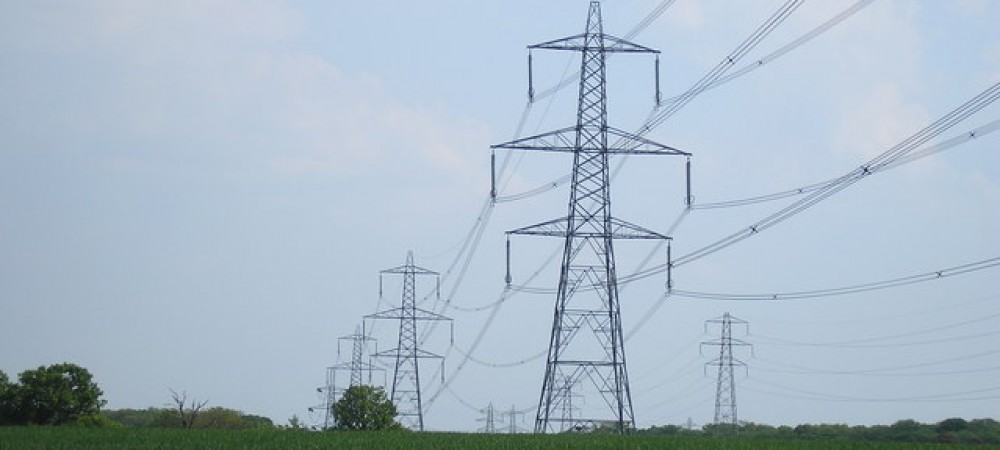Ensuring operational security (OPSEC – preparing for an emergency secretly so no one will later seize your supplies) is usually at odds with other objectives in emergency preparedness. So you don’t want to do more of it than necessary – and it isn’t always necessary. For example, in an EMP crisis, all threats become local, so it doesn’t matter that an online food supplier knows you stockpiled lots of food. On the other hand, it matters a great deal whether the local police chief knows you stockpiled food.
The government is monitoring the lives of the citizenry ever more closely, and the best hope for quietly preparing for an emergency is that officials will continue to discount the possibility of a really serious crisis. If instead officials saw a crisis coming, they might require everyone to disclose how much food they have stored. For example, if a terrorist nation releases a nuclear EMP over Europe, then local US officials might require everyone to disclose any stockpiles beyond what officials consider adequate. Once an EMP crisis has already occurred in an area, communications breakdowns make it too late for such threats to be effective there.
From the outside, a house with a basement full of emergency supplies doesn’t look any different from a house without such supplies. What is hard to hide is preparations for defending those supplies. Modern houses are not designed for defense, and would be shredded in a firefight. A defensive perimeter has to be established outside the house, and to meet the demands of operational security, it cannot look like a medieval city wall. It has to look like the raised planting bed for a garden, perhaps only a few feet high – high enough to shelter prone defenders with rifles. Ideally it would be faced with masonry, or steep enough that a vehicle couldn’t plow its way over it. The shrubbery on the raised bed would not stop a bullet from hitting the house, but if dense enough, would make it hard for an attacker to see the house and target anyone. Breaks in the planting bed (for a driveway, or to the sidewalk) could be plugged with vehicles once a crisis has begun.
If you have enough land, and some part of it is obscured by trees, you can build a special-purpose retreat in the middle of the forest. Even then, it is important to make it look unlike a medieval castle. If no one else, at least the Planning Department personnel who approve the building permit and the construction workers who build it will tell all their friends about the fascinating project they are working on.
If you are a farmer, your cover is already blown. Everybody expects you to have food, and in a crisis will be headed your way. Your best hope is to make a deal with someone such as the local National Guard unit. They will take what they want, but are likely to spare you because they need you to grow food for them. If you have a smaller farm (or simply don’t want to depend on the National Guard), you may need to stockpile supplies and “harden” your farm in order to convince others to help defend you.
